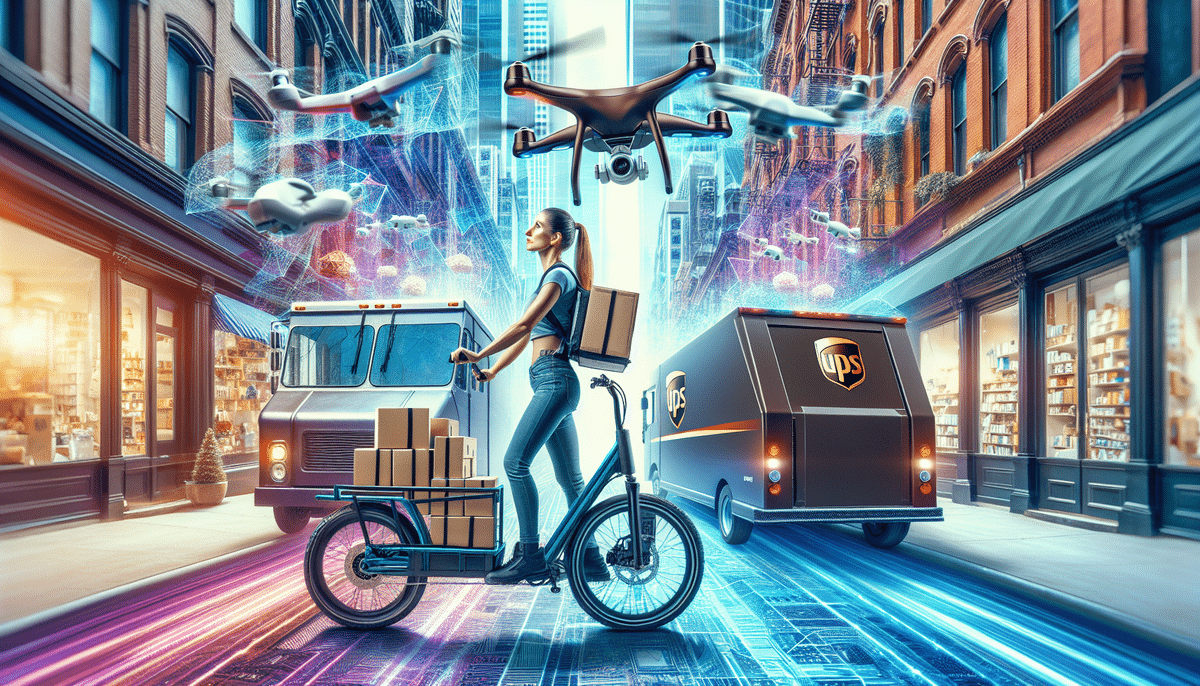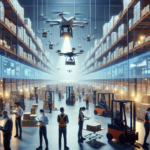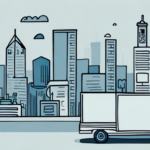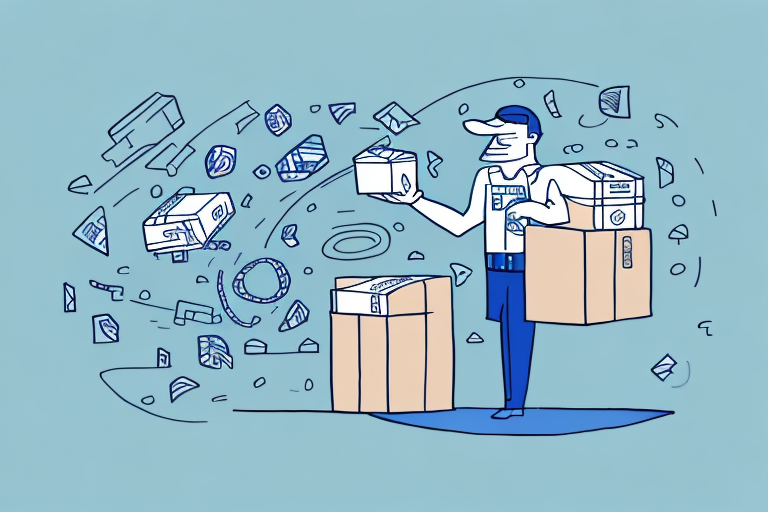The Gig Economy: Definition and Differences from Traditional Employment
The gig economy refers to a labor market characterized by short-term contracts or freelance work as opposed to permanent jobs. This shift towards project-based employment is driven by advancements in technology and changes in workforce preferences. Unlike traditional employment, which typically offers long-term stability, benefits, and a consistent income, the gig economy provides workers with greater flexibility and autonomy. According to a Bureau of Labor Statistics report, the number of independent contractors in the U.S. has been steadily increasing, reflecting a significant shift in employment trends.
Impact of the Gig Economy on Delivery Services
Rise of Independent Contractors
The gig economy has fundamentally transformed the landscape of delivery services by introducing a large pool of independent contractors. Companies like Uber Eats, DoorDash, and Instacart rely heavily on freelance drivers, which allows them to scale operations rapidly without the overhead costs associated with traditional employment. This model offers flexibility for workers to choose their hours, but it also raises concerns about job security and benefits.
Changes in Customer Options and Customization
With the influx of independent delivery drivers, customers now have access to a wider range of delivery options. This competition drives service improvements such as faster delivery times, real-time tracking, and more personalized delivery experiences. A Statista survey reported that 67% of consumers prefer using gig-based delivery services for their speed and convenience.
Increased Competition and Innovation
The entrance of gig economy players into the delivery market has intensified competition, compelling traditional companies like UPS and FedEx to innovate. This competition has led to the adoption of advanced technologies, improved logistics, and the development of new service models to meet evolving consumer demands.
The Role of Technology in the Gig Economy
Delivery Apps and Platforms
Technology is the backbone of the gig economy, enabling seamless connections between consumers and gig workers. Platforms such as Uber Eats, DoorDash, and Instacart utilize sophisticated algorithms to match delivery requests with available drivers, optimizing routes and delivery times.
Automation and Algorithms
Advanced algorithms and automation tools help manage the large fleets of independent contractors, ensuring efficient delivery operations. These technologies analyze vast amounts of data to predict demand, allocate resources, and enhance the overall delivery experience. According to a McKinsey report, automation could increase delivery efficiency by up to 30% in the next decade.
Economic Implications for Traditional Delivery Companies
Shifts in Business Models
Traditional delivery companies are reevaluating their business models to remain competitive in the gig economy landscape. This includes integrating more flexible labor practices and adopting technology-driven solutions to enhance service delivery. For example, UPS has invested in its own suite of delivery apps to provide customers with greater control over their shipments.
Partnership Strategies
To counter the rise of gig economy competitors, traditional companies are forming strategic partnerships with gig platforms. These collaborations allow them to leverage existing gig workers' networks, thereby expanding their delivery capabilities without significant investment in new infrastructure. A partnership between FedEx and Postmates is an example of such strategic alliances.
Benefits and Challenges for Gig Workers in Delivery
Advantages
- Flexibility: Gig workers can choose their own hours and workloads, allowing for a better work-life balance.
- Autonomy: The ability to work for multiple platforms simultaneously provides diverse income streams.
- Skill Development: Exposure to various types of deliveries and customer interactions can enhance professional skills.
Drawbacks
- Lack of Benefits: Gig workers typically do not receive health insurance, retirement plans, or paid time off.
- Income Instability: Fluctuating demand can lead to unpredictable earnings, making financial planning difficult.
- Job Security: The absence of long-term contracts can result in job insecurity and uncertainty about future work.
Future Outlook and Alternative Business Models
Drone Delivery
One promising alternative business model is the use of drones for deliveries. Companies like Amazon Prime Air are investing in drone technology to offer faster and more efficient delivery options. Drones have the potential to reduce delivery times and operational costs significantly.
Sustainable Practices
With increasing environmental concerns, delivery services are exploring sustainable practices to appeal to eco-conscious consumers. This includes the use of electric vehicles, bicycles, and other green transportation methods. Implementing sustainable practices not only helps reduce the carbon footprint but also differentiates companies in a competitive market.
Conclusion
The gig economy has undeniably reshaped the delivery services industry, presenting both challenges and opportunities for traditional players like UPS and FedEx. To stay competitive, these companies must embrace technological advancements, explore strategic partnerships, and consider alternative business models such as drone delivery and sustainable practices. By adapting to the evolving economic landscape, traditional delivery services can continue to thrive alongside the burgeoning gig economy.
As the gig economy continues to grow, ongoing collaboration between traditional delivery companies and gig platforms may offer a balanced approach, leveraging the strengths of both models. Ensuring quality control and maintaining brand integrity will be crucial for the success of such partnerships.






















